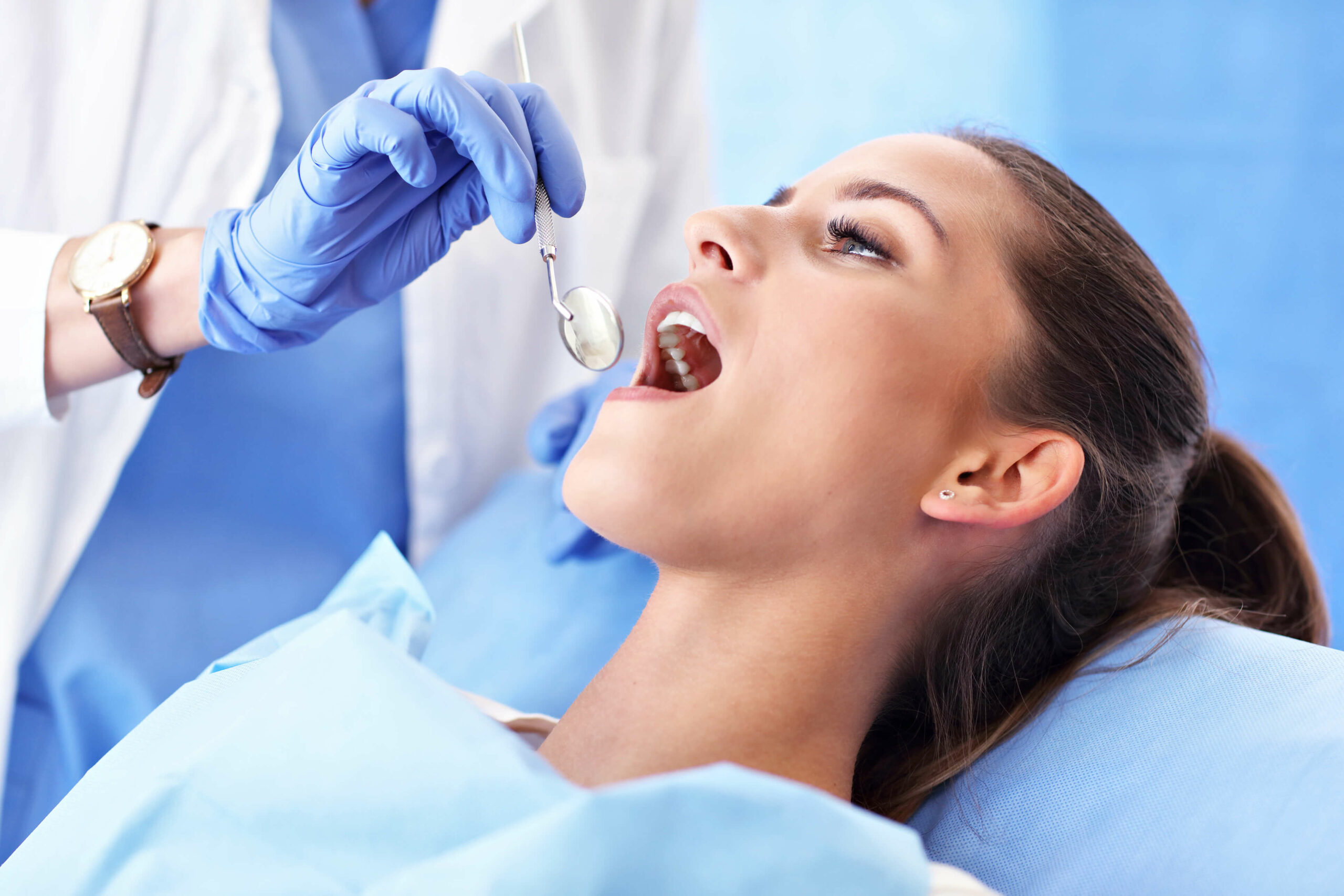Dental exams are comprehensive check-ups that involve a thorough examination of your teeth, gums, tongue, and other oral tissues. During a dental exam, your dentist will look for signs of decay, gum disease, and other dental problems. They will also check your bite, jaw, and neck for any abnormalities.
One of the most important reasons to have a dental exam is to prevent dental problems before they become serious. By catching issues early, your dentist can provide treatment to prevent further damage, such as fillings, crowns, or even root canal therapy. Regular dental exams can also help detect oral cancer in its early stages when it’s most treatable.
During a dental exam, your dentist or hygienist will also clean your teeth by removing plaque and tartar buildup. Plaque is a sticky film that forms on teeth and can cause tooth decay and gum disease if not removed. Tartar is hardened plaque that can only be removed by a dental professional. Regular cleanings can help prevent these dental issues from developing.
So, how often should you schedule a dental exam? For most people, we recommend scheduling a dental exam every six months. However, if you have a history of dental problems, such as gum disease, or if you have a higher risk of developing dental issues due to genetics or other factors, your dentist may recommend more frequent exams.
In between dental exams, it’s important to maintain good oral hygiene by brushing twice a day, flossing daily, and using mouthwash. Eating a healthy diet that’s low in sugar can also help prevent tooth decay and gum disease.
In addition to regular dental exams, it’s important to schedule an appointment with your dentist if you experience any dental problems, such as tooth pain, sensitivity, or bleeding gums. Ignoring these symptoms can lead to more serious dental issues and may require more extensive treatment.
In summary, dental exams are an essential part of maintaining good oral health. They can help prevent dental problems, detect oral cancer early, and provide a thorough cleaning to remove plaque and tartar buildup. For most people, we recommend scheduling a dental exam every six months. If you have a history of dental problems or a higher risk of developing dental issues, your dentist may recommend more frequent exams. Don’t forget to maintain good oral hygiene in between exams by brushing, flossing, and eating a healthy diet.

















